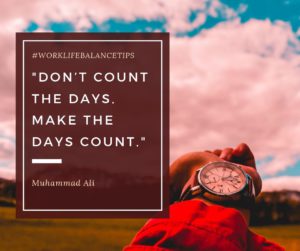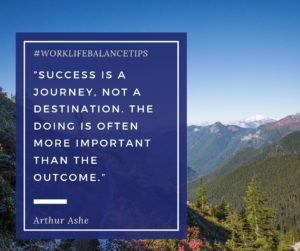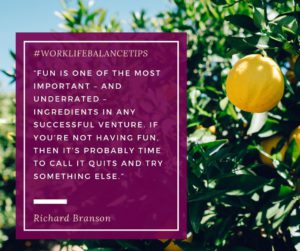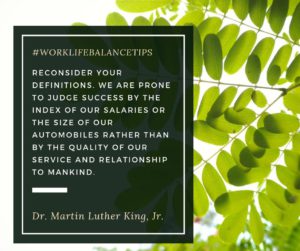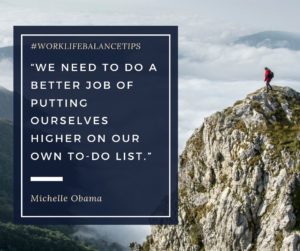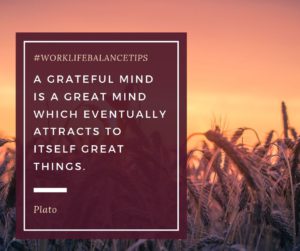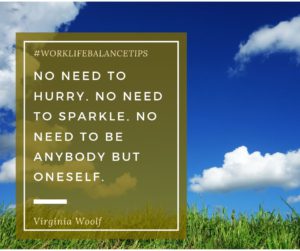Seeking A Work-Life Balance
by Anuja Khemka, Executive Director
To achieve the mental and emotional wellness we all deserve, we must start by tackling a trend in today’s world: the imbalance between personal life and work and school commitments.
People who strike better balance between work and life report remarkable benefits. Surveys show that feeling engaged at work improves the likelihood of overall well-being (1). At the same time, having more control over your hours and schedule correlate to better mental and physical health (2), as well as better job performance and greater satisfaction (3).
At some point or another, most of us run the risk of letting work and school commitments take on too great a role in our lives, and suffer the consequences. This guide is intended to provide you with both inspiration and techniques that you can use to achieve more balance in your life.
Work-life equilibrium is a worthy goal to pursue to enhance well-being, so try small changes like the ones described here so that you can care for yourself and achieve both your personal and professional goals.
References:
- 1. McGregor, Jean. “The Average Work Week Is Now 47 Hours.” The Washington Post, September 2, 2014. https://www.washingtonpost.com/news/on-leadership/wp/2014/09/02/the-average-work-week-is-now-47-hours/?noredirect=on&utm_term=.550fb9fb6661.
- 2. Gonzalez-Mulé, Erik, and Bethany Cockburn. “Worked to Death: The Relationships of Job Demands and Job Control with Mortality.” Personnel Psychology 70, no. 1 (2016): 73-112. doi:10.1111/peps.12206.
- 3. Hill, E. Jeffrey, Brent C. Miller, Sara P. Weiner, and Joe Colihan. “Influences Of The Virtual Office On Aspects Of Work And Work/life Balance.” Personnel Psychology 51, no. 3 (December 7, 1998): 667-83. doi:10.1111/j.1744-6570.1998.tb00256.x.
Work-Life Balance Quotes
